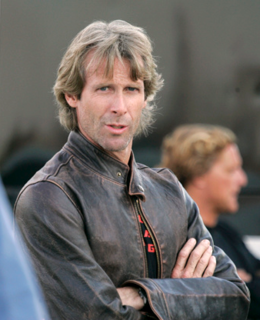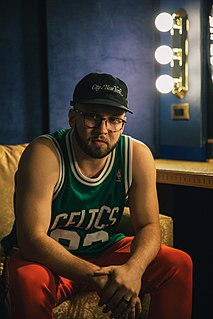A Quote by Billy Crystal
When I first started, there were, like... two or three critics that you thought, 'Alright, I hope I get a good review from them.' And now there's millions of them.
Related Quotes
I read reviews of critics I respect and feel I can learn something from. Right now there are a lot of bottom-feeder critics who just have access to a computer and don't necessarily have an academic or cinema background that I can detect, so I tend to ignore that and stay with the same top-tier critics that I've come to respect. I like reading a good review - it doesn't have to be favorable, but a well-thought-out one - because I very much appreciate the relationship of directors and critics.
I always kind of divided the gay guys I met up into two groups when I first started coming out. There were the guys who thought there was something fundamentally wrong with them and hated themselves and were so burdened with shame and internalized homophobia. It just really paralyzed and shredded them. And then there were guys like me who thought, "I'm fine, everybody else is crazy. My church is sick and the family's crazy, but me? I'm fine."
During intermission she peeked out at the theater, watching it refill. When it was almost full and the lights blinked on and off, she saw three people file in through the center door and her breath caught. Time lapsed as they walked down the center aisle: three teenage girls all in a row. They were so big, so bright, so beautiful, so magnificent to Carmen’s eyes that she thought she was imagining them. They were like goddesses, like Titans. She was so proud of them! They were benevolent and they were righteous. Now, these were friends.
I definitely did not like my body when I first started sports. I didn't like my body just in general as a teenager. Being a girl and a teenager with two prosthetic legs and two hands that were misshapen that had so much reconstructive surgery on them, I thought my world was over - put a zit on top of that, and then my life is completely over.
If critics were harder on the musicians that they love, there would be better songs. But as they grow older and they lose their talent, critics refuse to let them know that and protect them, and they get to the point where they put out music that just isn't up to the levels where they've already been.


































